H.R. 3852: Reimagining Inclusive Arts Education Act
The Reimagining Inclusive Arts Education Act aims to improve arts education for children with disabilities by establishing a grant program managed by the Secretary of Education. Here’s a breakdown of what the bill proposes:
Grant Program Overview
Under this bill, the Secretary of Education is required to award competitive grants to eligible entities. These entities could include local educational agencies, state educational agencies, or partnerships with educational institutions or nonprofits focused on relevant activities. Applications for these grants must follow specific guidelines set by the Secretary.
Purpose of the Grants
The grants are intended to:
- Promote arts education curricula and best practices that include creative arts therapies.
- Increase accessibility and improve inclusion of children with disabilities in arts education programs.
- Adapt classroom materials and lesson plans to better meet the needs of children with disabilities.
Duration of Grants
The grants can be awarded for a period of up to three years, with an option for renewal for an additional two years if the recipient can demonstrate program success through positive feedback from students, parents, or teachers.
Prioritization and Diversity
When awarding grants, the Secretary will prioritize applications from entities that serve low-income schools. Additionally, the bill emphasizes the importance of diversity among funded projects, ensuring that grants are distributed across different geographic locations (urban, suburban, and rural) and socioeconomic statuses.
Funding Authorization
The bill authorizes a total appropriation of $15,000,000 over five fiscal years (2026 to 2030) to fund the activities described in the grant program.
Definitions
The legislation includes specific definitions for various terms, such as:
- Child with a Disability: Defined according to the Individuals with Disabilities Education Act.
- Creative Arts Therapists: Licensed professionals such as art therapists, dance movement therapists, drama therapists, and music therapists.
- Eligible Entity: This could include local and state educational agencies and their partnerships with higher education institutions or relevant nonprofits.
Application Process
An eligible entity must submit a comprehensive application in accordance with the Secretary’s requirements. If a grant application is denied, the Secretary is to provide feedback on why it was denied and inform the entity how it can address the deficiencies for future applications.
Relevant Companies
None found
This is an AI-generated summary of the bill text. There may be mistakes.
Sponsors
19 bill sponsors
-
TrackDavid Scott

Sponsor
-
TrackAlma S. Adams
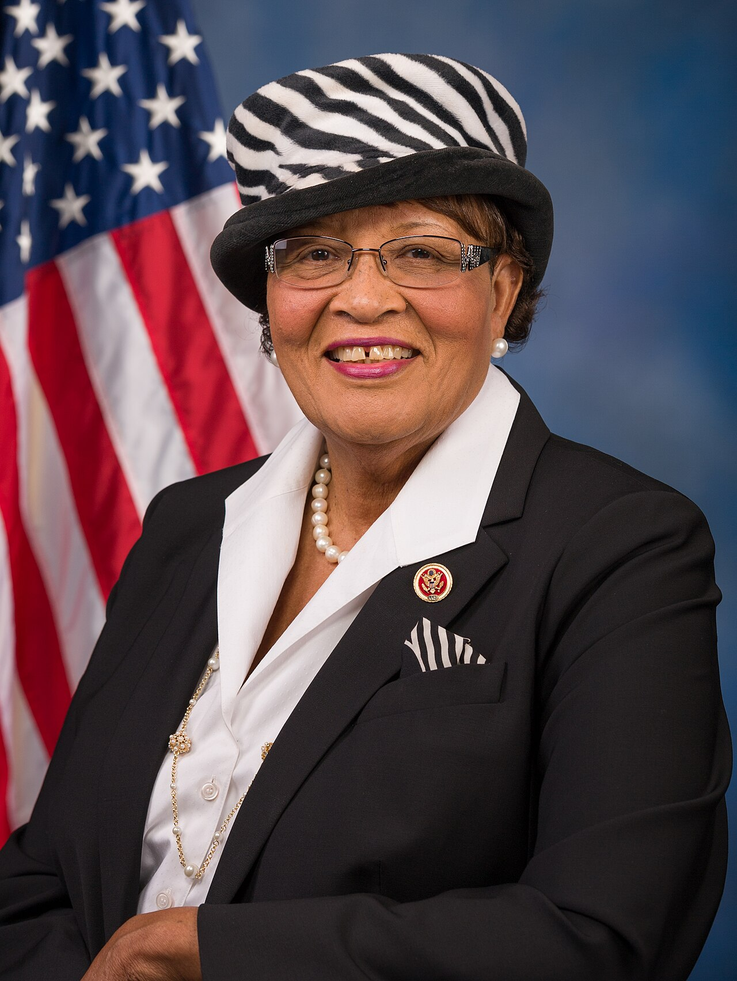
Co-Sponsor
-
TrackSean Casten
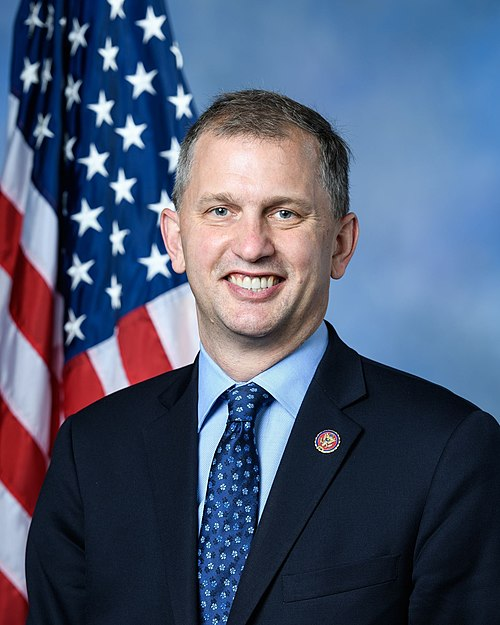
Co-Sponsor
-
TrackVeronica Escobar
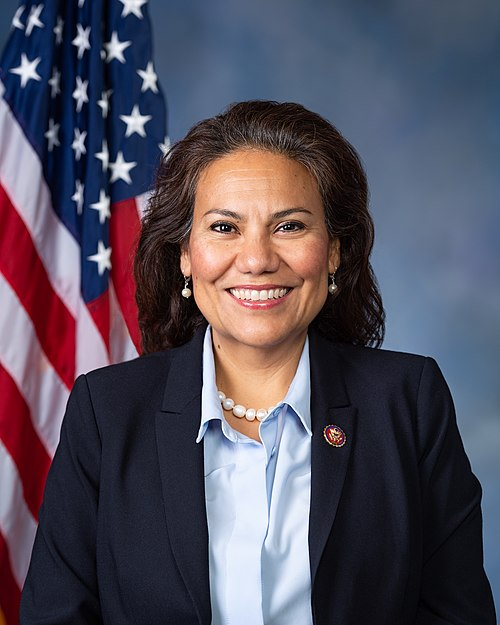
Co-Sponsor
-
TrackDwight Evans

Co-Sponsor
-
TrackShomari Figures
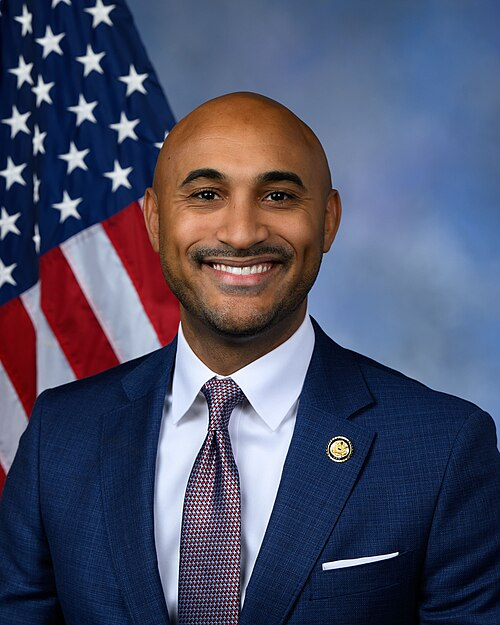
Co-Sponsor
-
TrackMaxwell Frost
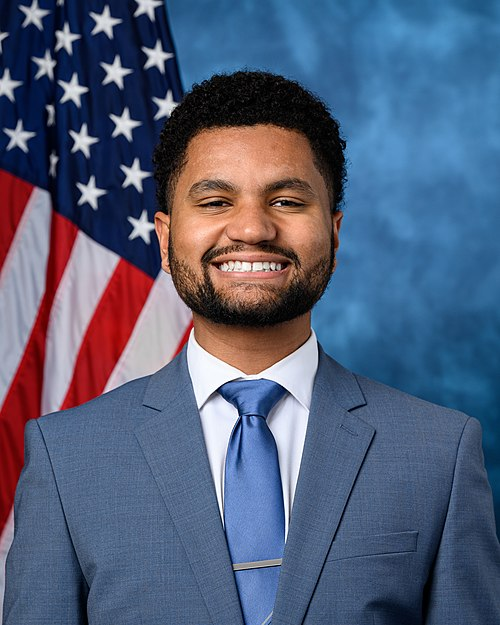
Co-Sponsor
-
TrackHenry C. "Hank" Johnson, Jr.
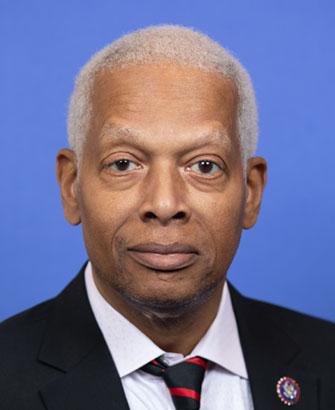
Co-Sponsor
-
TrackJulie Johnson

Co-Sponsor
-
TrackSummer L. Lee
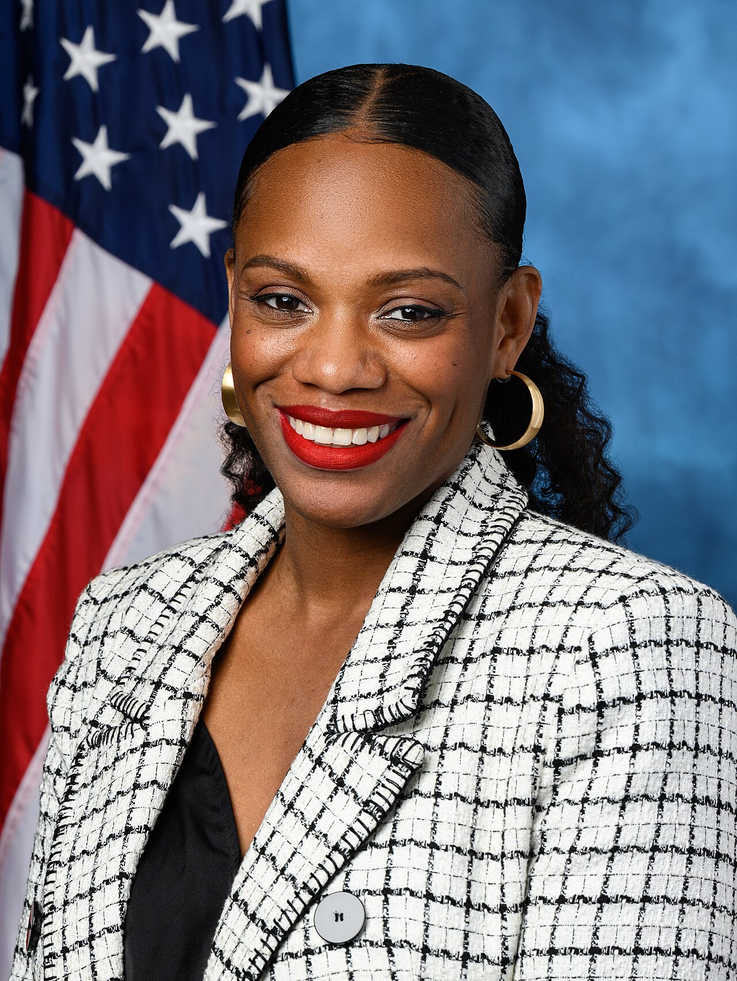
Co-Sponsor
-
TrackSeth Magaziner
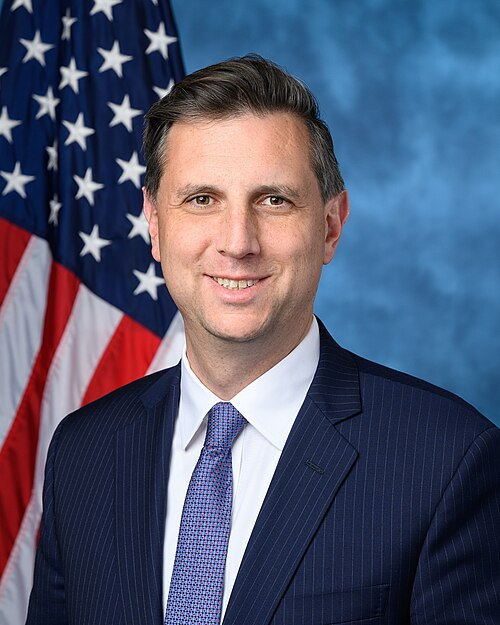
Co-Sponsor
-
TrackLucy McBath
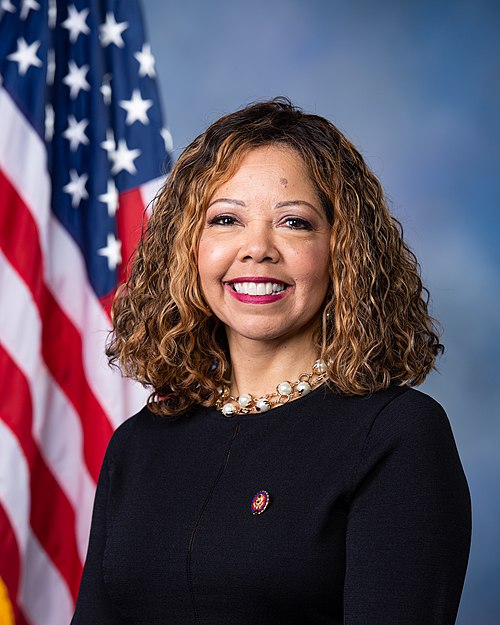
Co-Sponsor
-
TrackJames P. McGovern
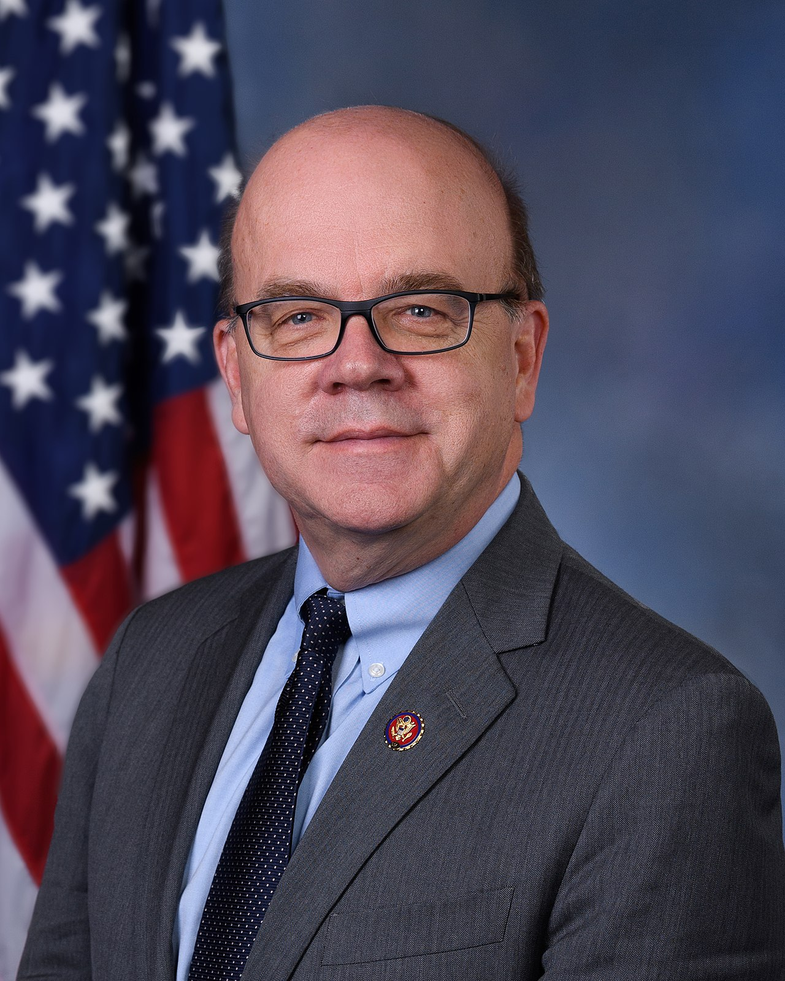
Co-Sponsor
-
TrackEleanor Holmes Norton

Co-Sponsor
-
TrackMary Gay Scanlon
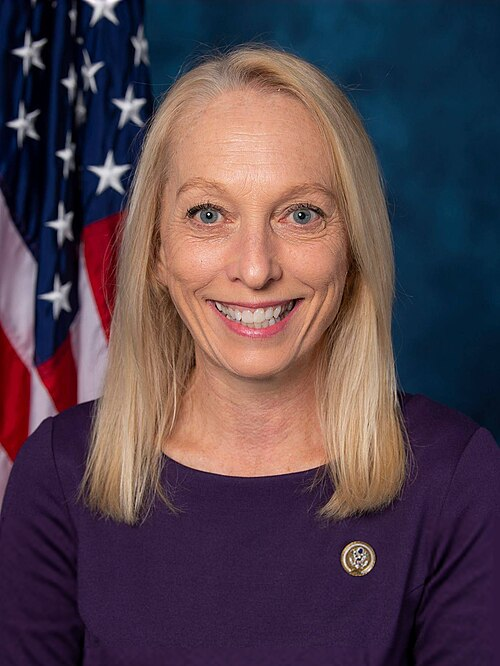
Co-Sponsor
-
TrackJanice D. Schakowsky

Co-Sponsor
-
TrackDarren Soto
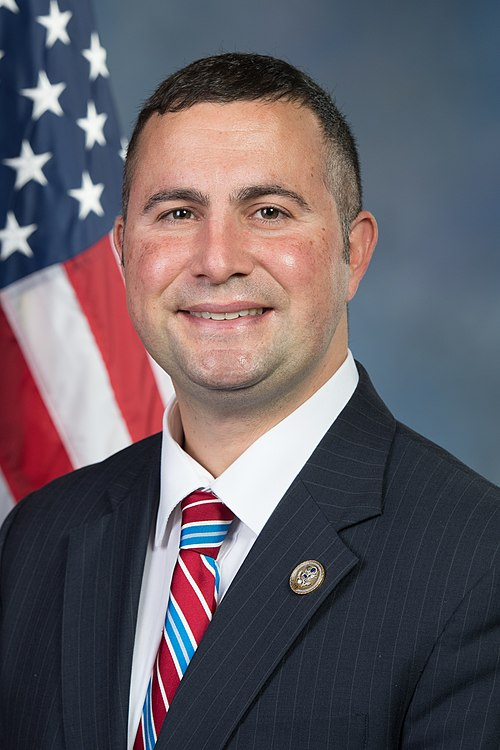
Co-Sponsor
-
TrackMelanie A. Stansbury
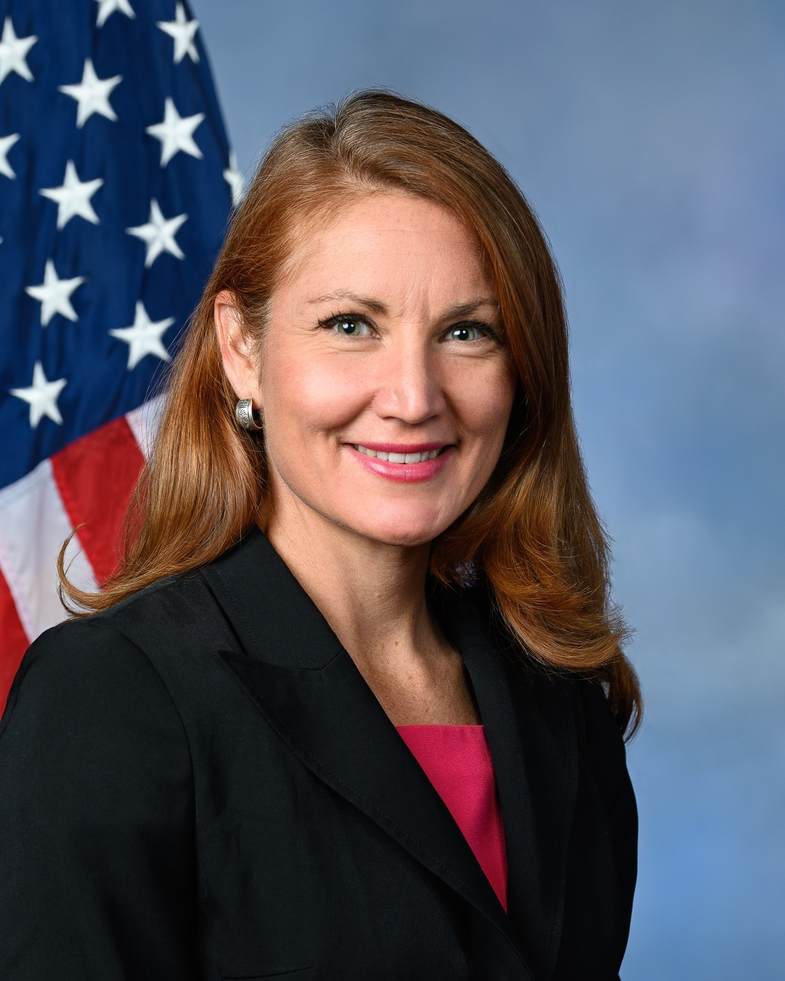
Co-Sponsor
-
TrackBennie G. Thompson
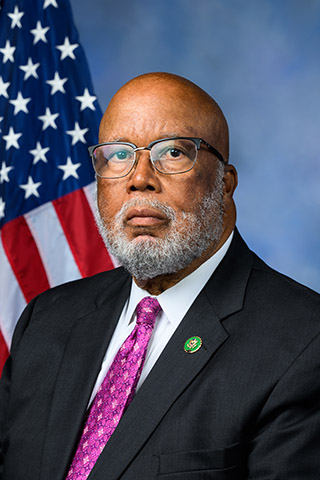
Co-Sponsor
Actions
2 actions
| Date | Action |
|---|---|
| Jun. 09, 2025 | Introduced in House |
| Jun. 09, 2025 | Referred to the House Committee on Education and Workforce. |
Corporate Lobbying
0 companies lobbying
None found.
* Note that there can be significant delays in lobbying disclosures, and our data may be incomplete.
Potentially Relevant Congressional Stock Trades
No relevant congressional stock trades found.